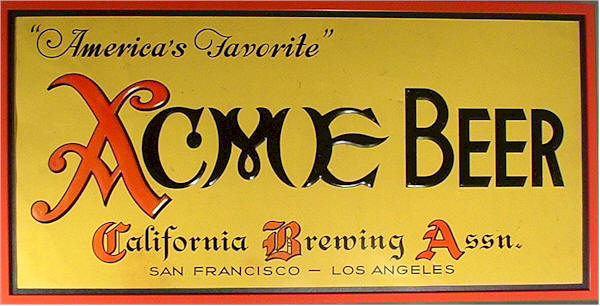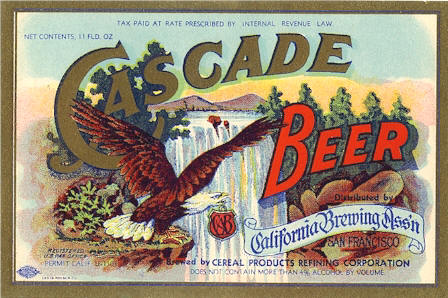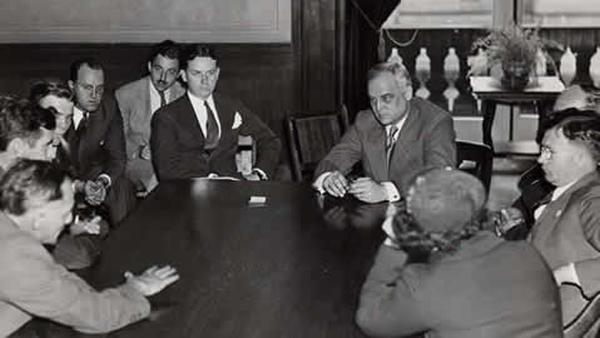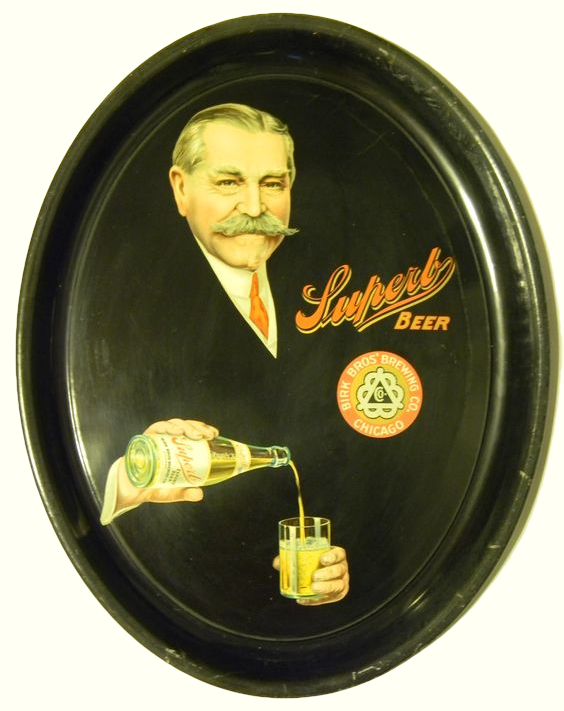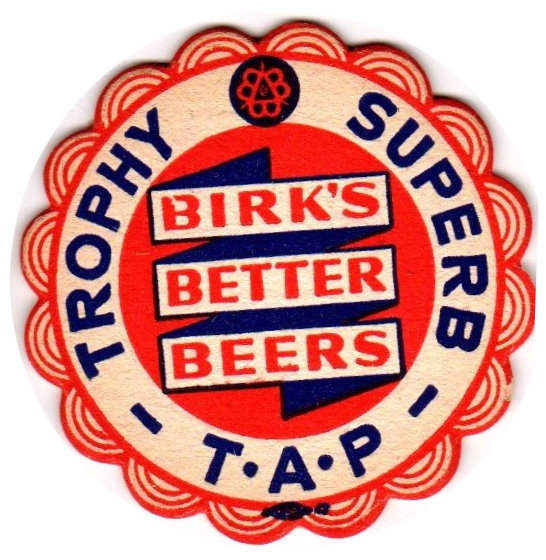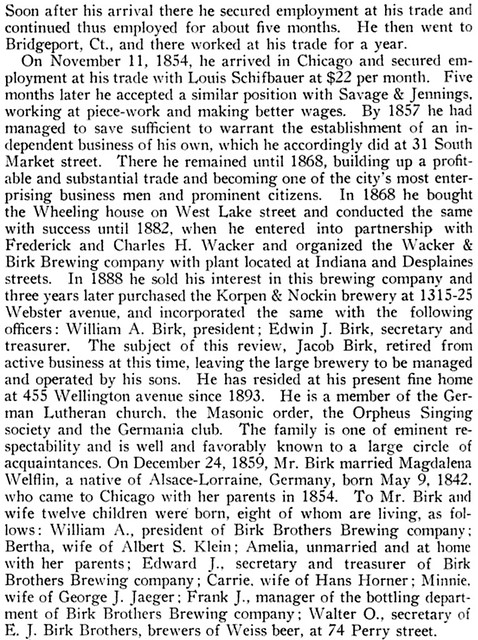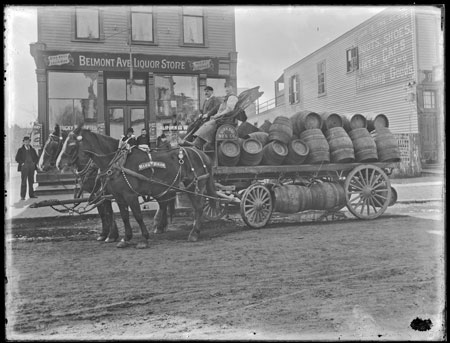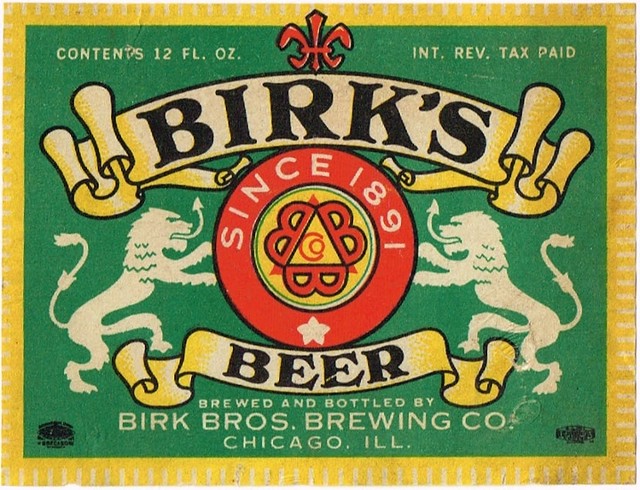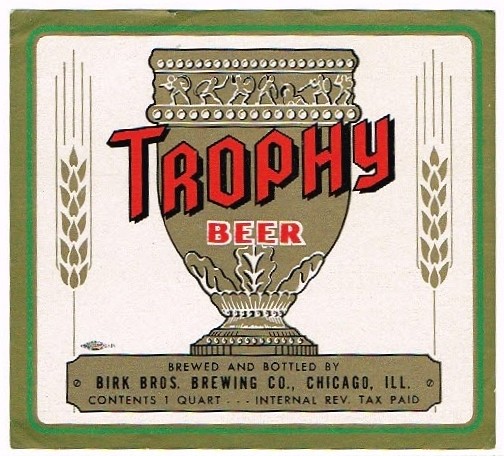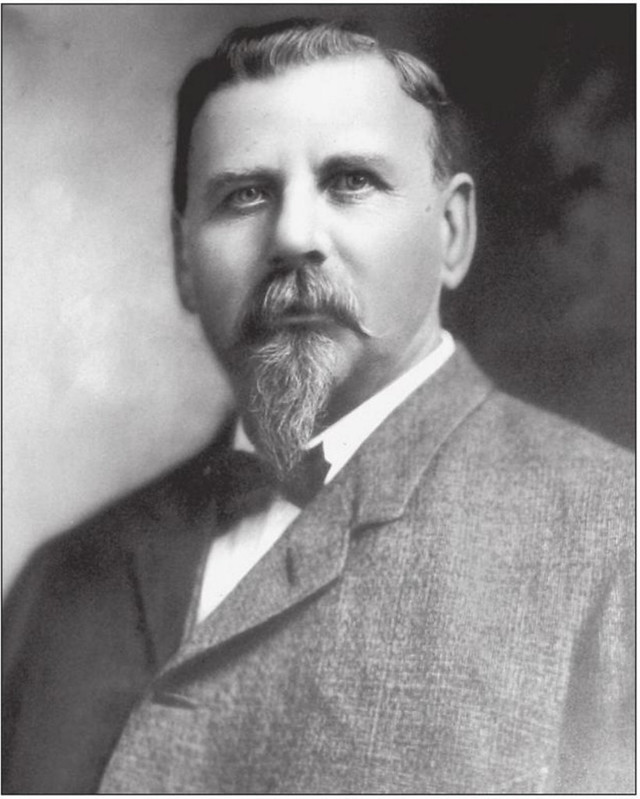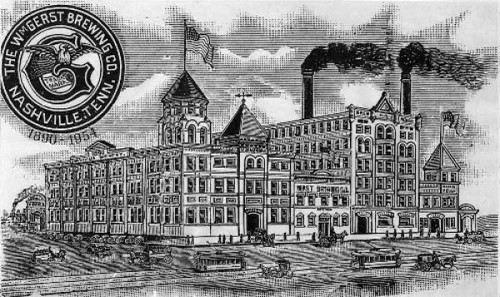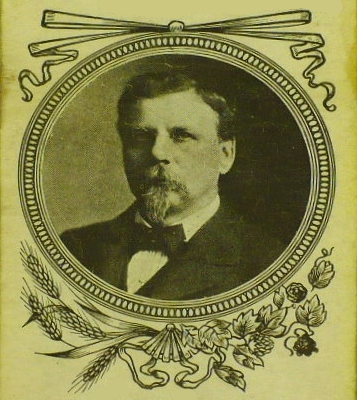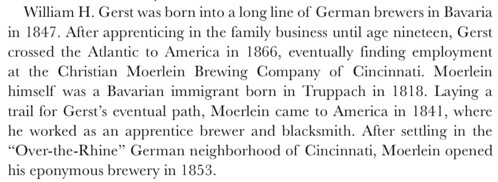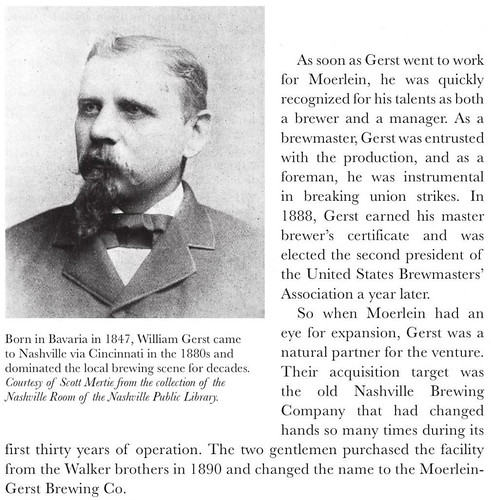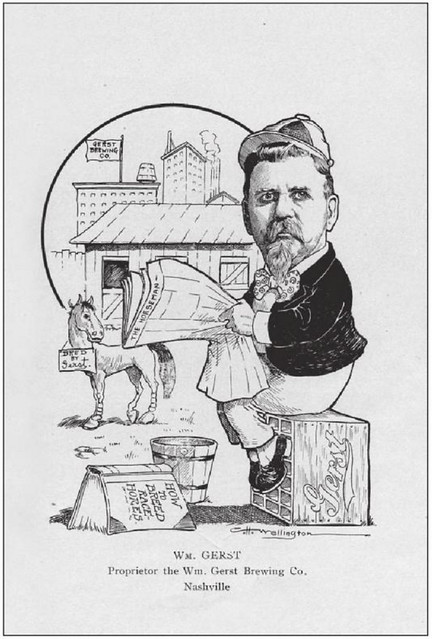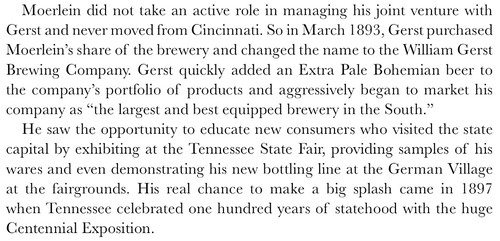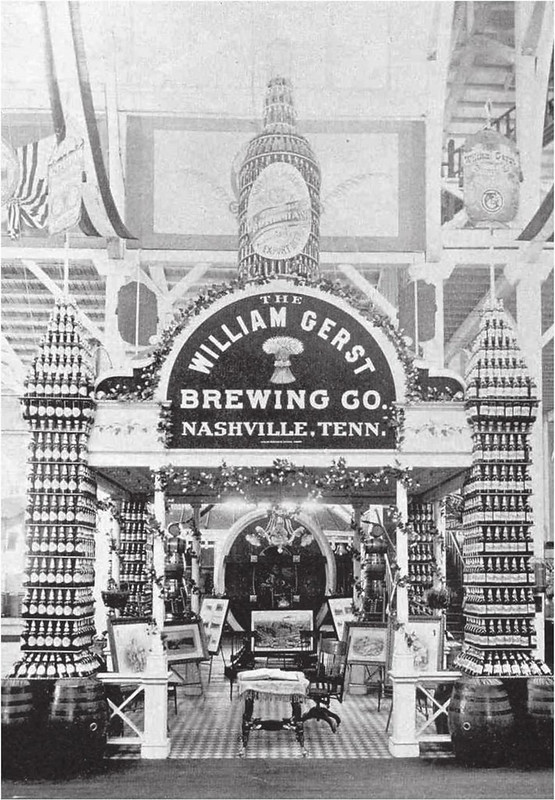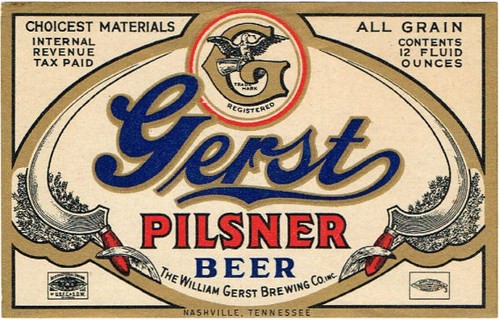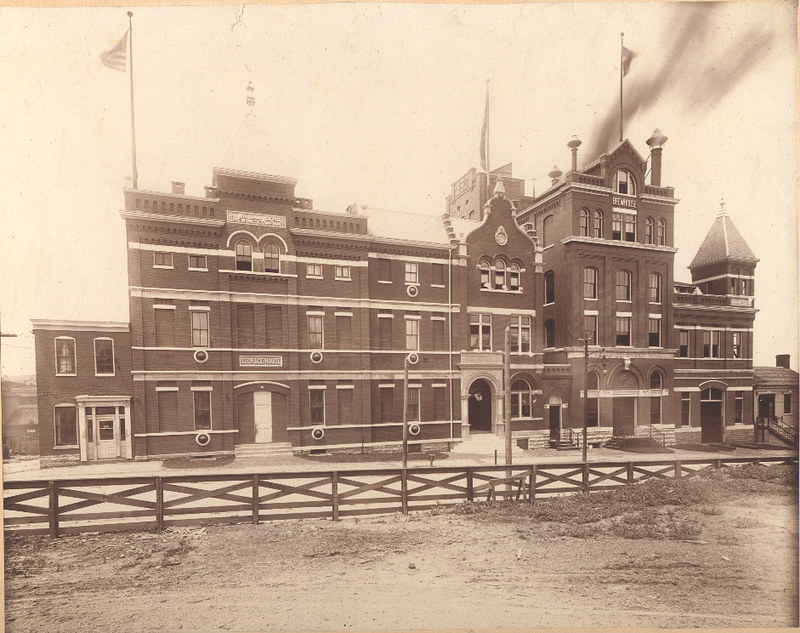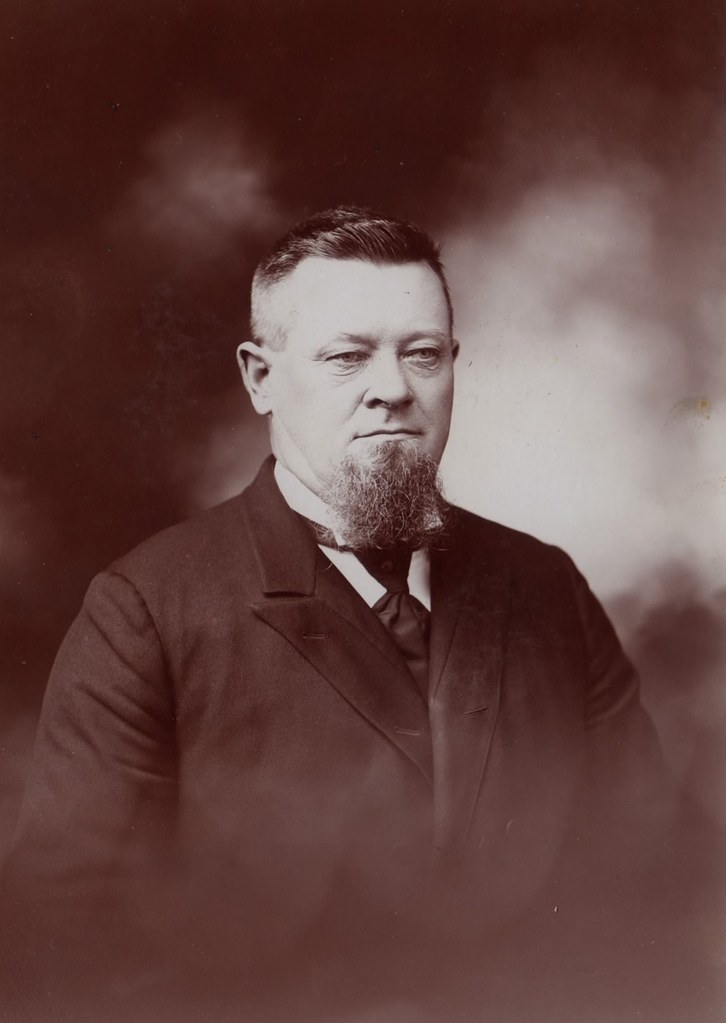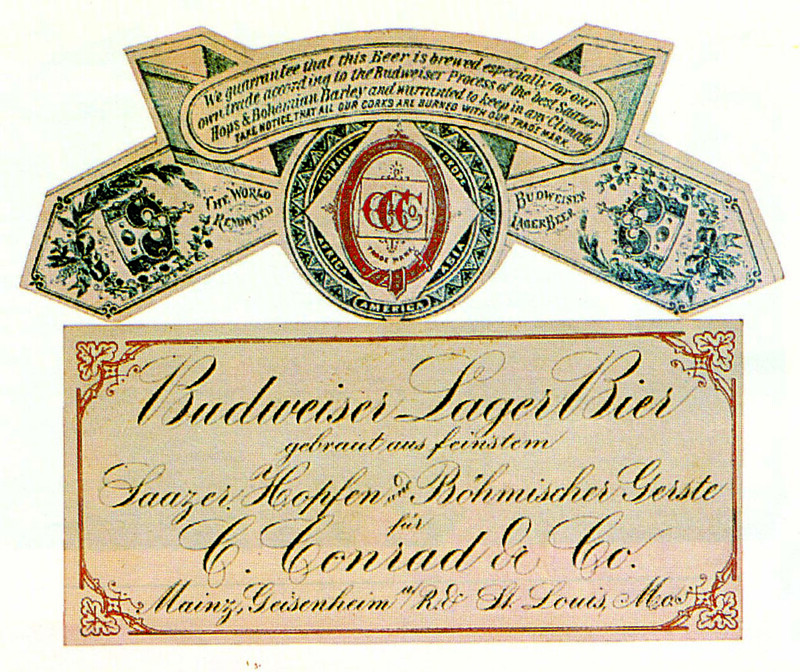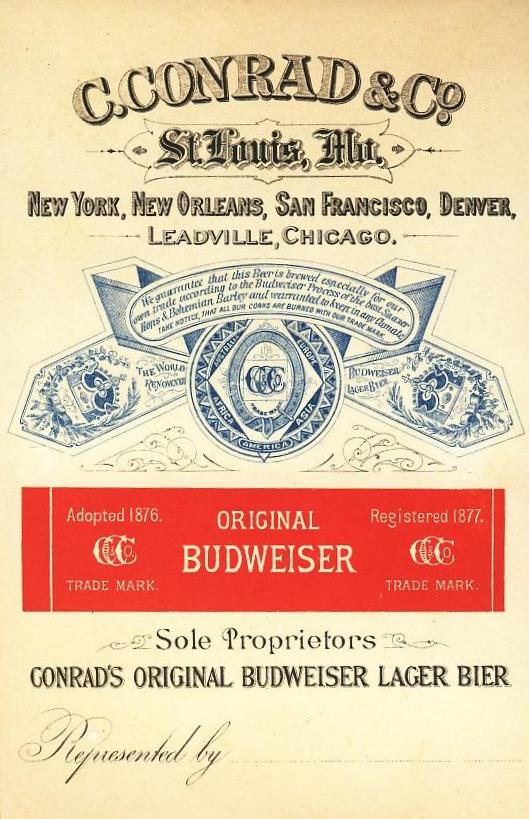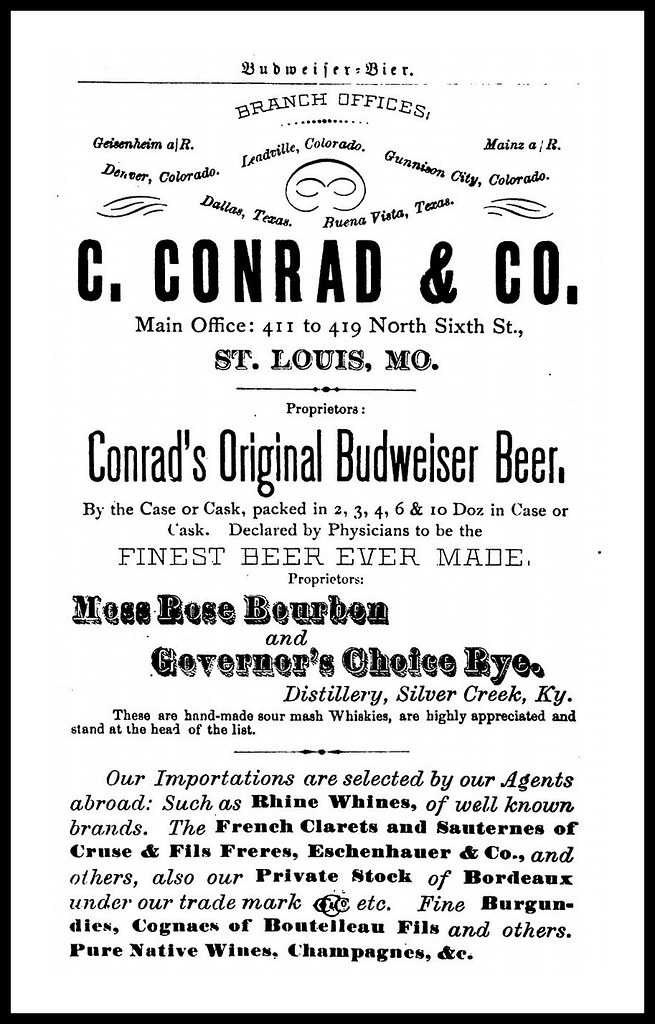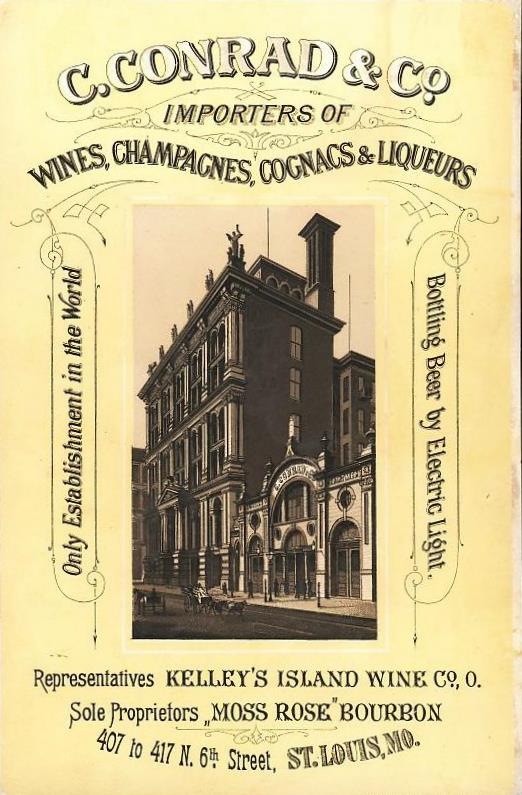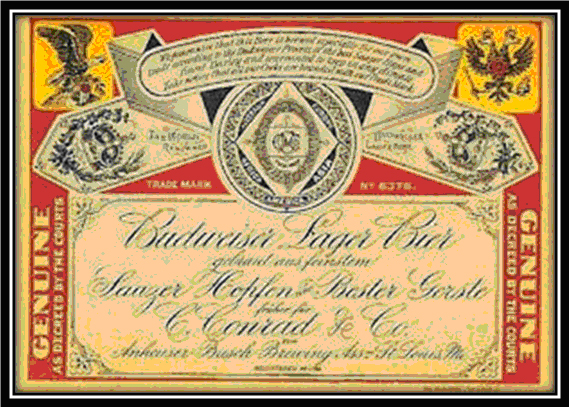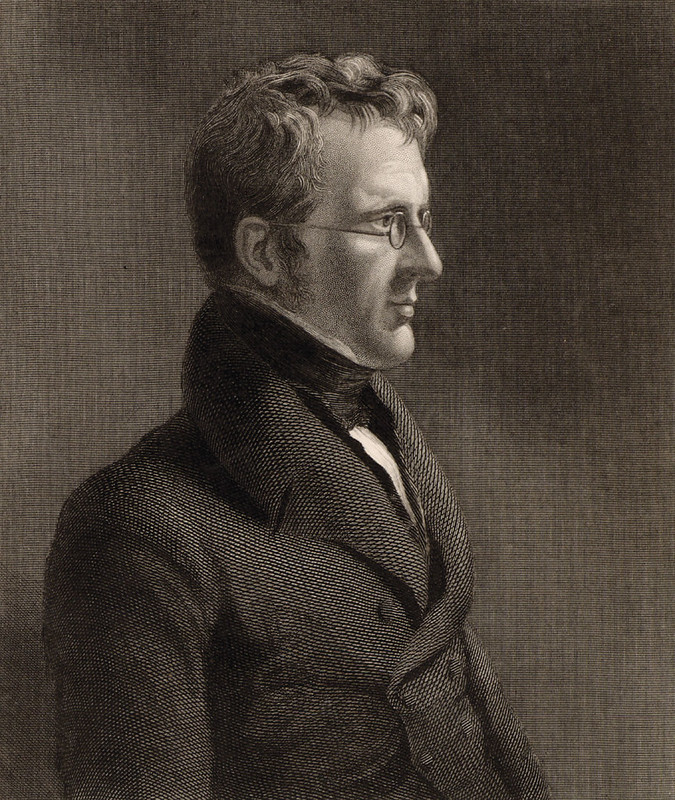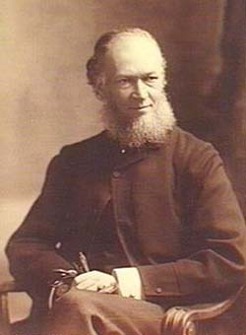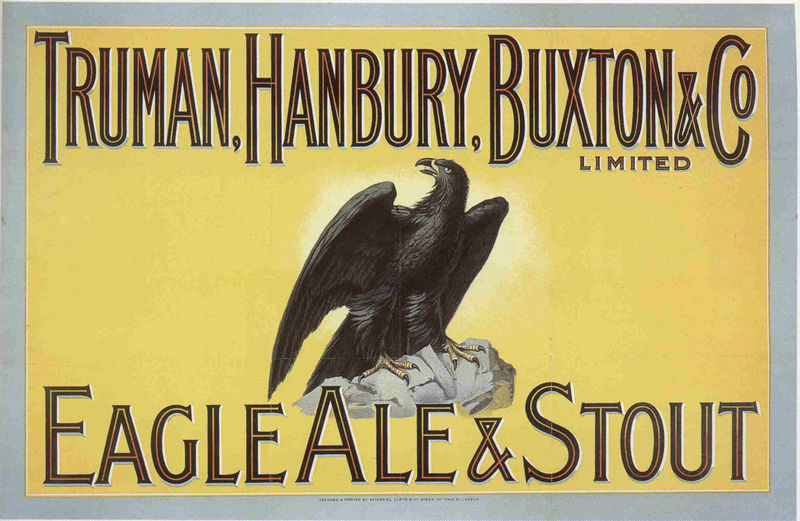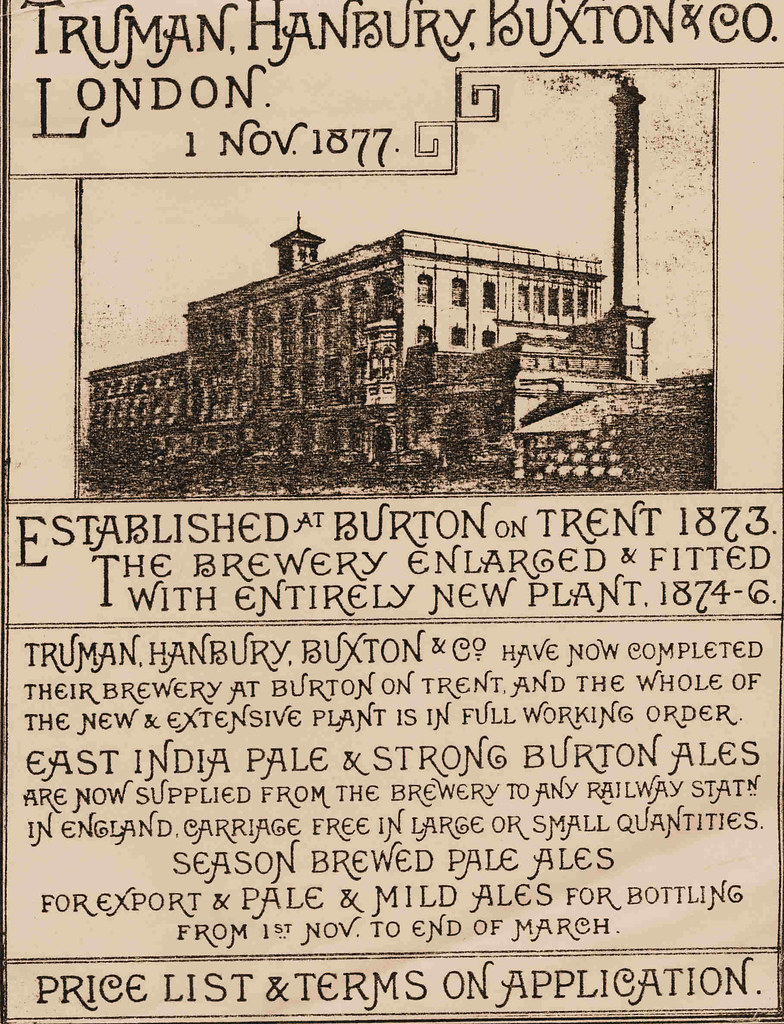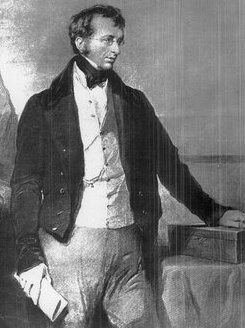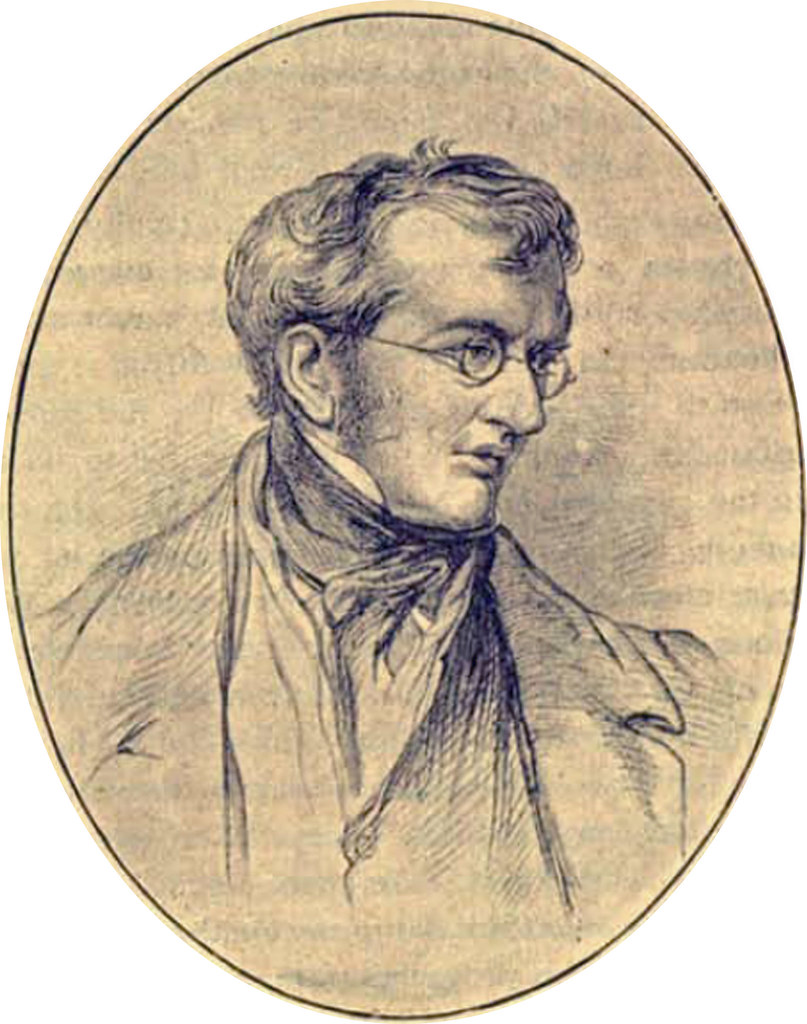
Today is the birthday of Karl Frederick Schuster (April 2, 1890-November 4, 1976). He was born into a brewing family, and worked in several Bay Area breweries until prohibition, during which time he continued working with beer people though making cereal products. When prohibition ended, he was named president of Acme Breweries.
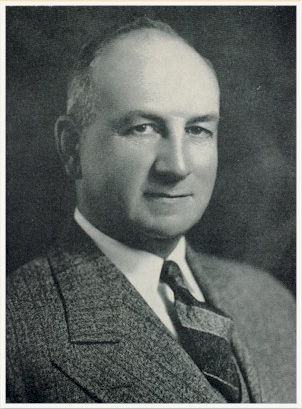
Our subject’s grand-father, Frederick Schuster emigrated from the Alsace upon hearing of the California gold rush and made his way to the placer mines in Plumas County.
In the early 1850s he started a family and failing to strike it rich, he established a small steam beer plant, one of the first in California. The Pacific Coast Directory for 1867 lists the La Porte Brewery, F. Schuster, proprietor. When the placer mines played out Frederick relocated to San Francisco, and in 1870 he purchased the American Railroad Brewery. When Frederick died, his son Frederick Paul Schuster took control of the Brewery, and in 1902 he merged it with the Union Brewing & Malting Company. The American Railroad branch of the new company operated for two more years, and was then closed. Frederick became the vice president of the Union Brewery.
Frederick Paul’s son, Karl F. Schuster, continued the family tradition in brewing. In 1908 he started as an apprentice, drawing his first pay check from the Union Brewery, which had abandoned the manufacture of steam beer and entered the lager beer field in 1903. While Karl was learning all aspects of the trade, the brewing industry in San Francisco was undergoing many changes – in part from the effects of the ’06 earthquake, but also from the influx of brewers escaping early Prohibition in their home states.
….
Karl Schuster remained president of Acme Breweries until it was sold in January 1954. He died in November 4, 1976.
You can read the rest of the Biography of Karl Frederick Schuster at Brewery Gems.
